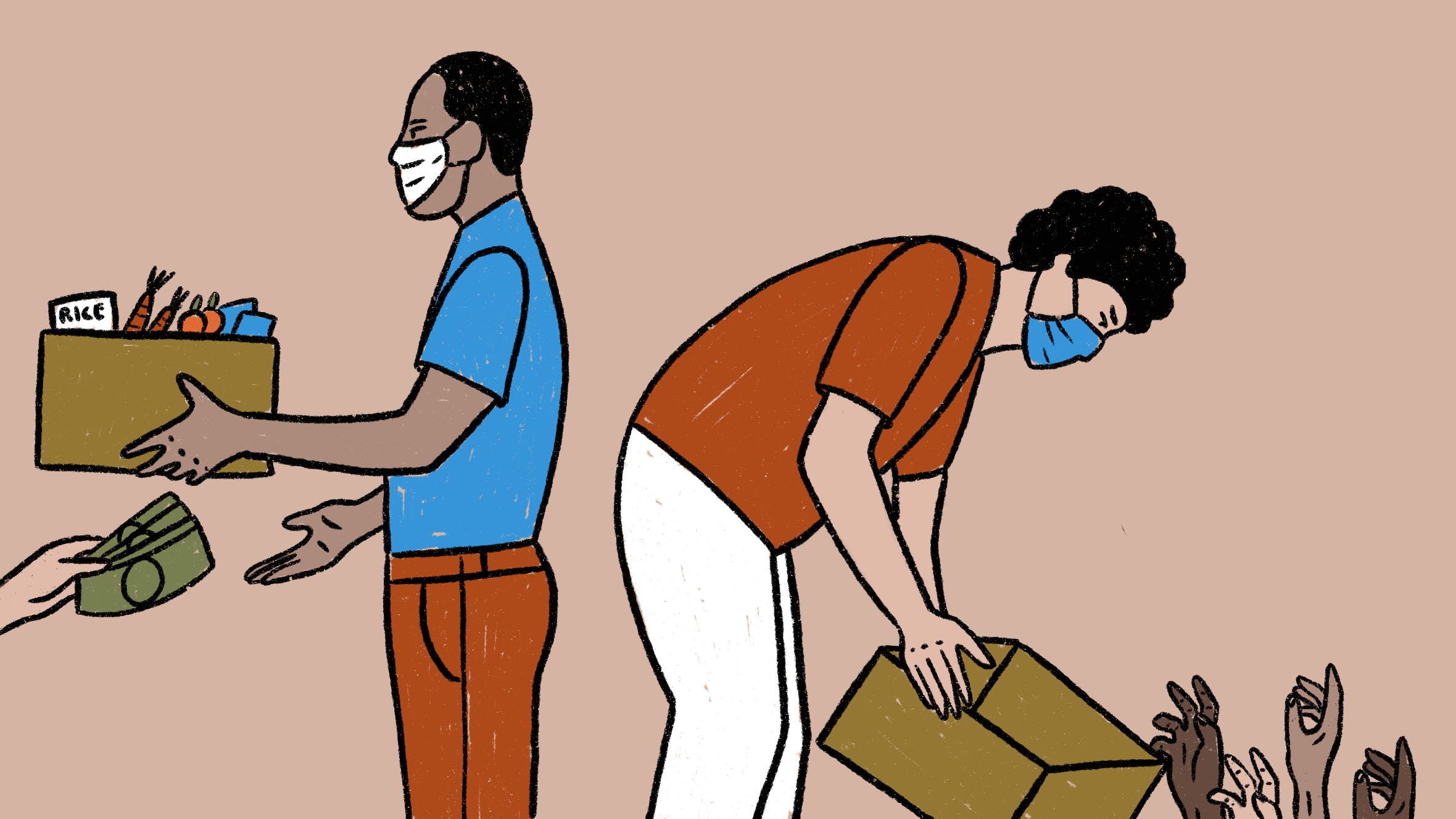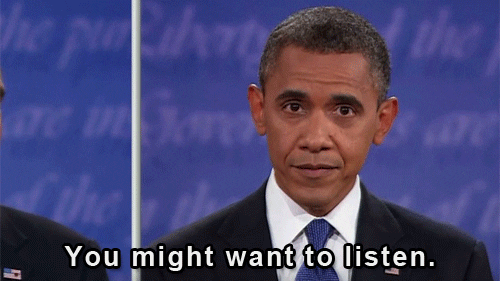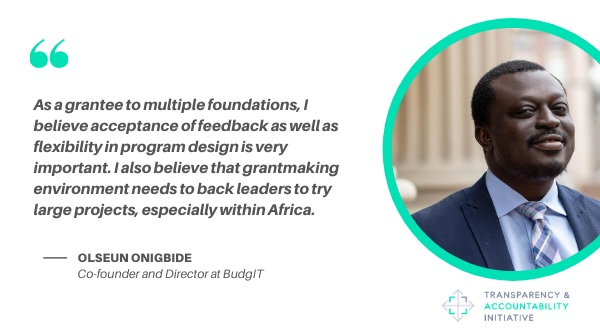Highlights
- Not your usual COVID handout
- Bared deficits
- Police trouble
- Dangerous experiments
- Listen hard, talk straight
- Other stories
- TAI Spotlight: Safety and wellbeing: promising funder practices to support partners
Not your usual COVID handout

Illustration by: Sheyda Sabetian via Transparency International
Why is Zimbabwe offering tax incentives to platinum mining companies when metal prices are in a rebound, and the country needs every penny it can get to procure COVID-19 vaccines? Zimbabwe CSOs condemn the extension of tax holidays to extractive companies and calls for more transparency and accountability in the granting and administration of tax incentives.
We may know less about tax payments in Myanmar for a while as the EITI Board temporarily suspends the country following the coup. Meanwhile, Publish What You Pay-US Coalition calls for the removal of Exxon Mobil representative from the EITI board for lobbying efforts that subvert the standard.
As we covered recently in the Weekly, one of the last acts of the Trump Administration was to grant a license Dan Gertler, despite sanctions for corruption in the Democratic Republic of Congo. Now, nine NGOs highlight the risks involved in doing business with Gertler and his network in an open letter to financial institutions asking them not to release his assets. They might welcome the call from Josh Rudolph that the U.S. Treasury publish a first national corruption risk assessment. (Kudos to Josh for having the great title of “Fellow for Malign Finance.”)
It’s unlikely Gertler will be a fan of the Open Ownership program we flagged last week. Thom Townsend and Mark Robinson tell us why advancing extractive company ownership transparency will play a key role in curbing corruption.
Other potential brighter spots? Indonesia’s government announces a ban on dumping harmful nickel mine waste into the highly biodiverse Coral Triangle. Pius Ginting and Payal Sampat hope that is a spark for electric vehicle companies to assure responsible minerals sourcing. Chilean salmon farms promise more transparency.
Taking a step further back, Andrew King argues that creation of a single environmental, social, and governance reporting standard could become a framework for global accountability.
Bared deficits
Returning to taxes, an OECD report argues better use of energy taxes could strengthen developing country’s finances while also cutting pollution and providing access to affordable energy. Abdul Muheet Chowdhary argues that the UN Committee on Tax can be more effective for developing countries, starting with more active membership. Will the committee urge more countries to adopt a wealth tax to deal with current fiscal straits? This review of wealth taxes around the world makes for useful reading.
India’s recent admission of a record budget deficit is drawing praise from investors, who view this move as baby steps towards a more transparent economy. While in South Africa, the Bureau for Economic Research report measures progress towards development objectives set out in the National Development Plan, revealing successes and failures.
One area where South Africans are calling for more transparency is Covid vaccine roll out, which leads us to an interesting thread from Robert Colville, head of the Centre for Policy Studies in the UK, positing that as revealed during this pandemic, “the most important part of modern government, and its most important limitation, is database management.”
Police trouble

Photo via tori.ng
Petty corruption among police officers in Rwanda provides a better understanding of the formal rules and informal practices shaping corruption. Guillame Nicaise offers recommendations on how to bridge the implementation gap from anti-corruption policy to anti-corruption in practice.
Meanwhile, Corruption Watch launched the Veza tool to increase police transparency and accountability in South Africa, and amid a growing state of insecurity in Nigeria, the African Center for Strategic Studies asks how to create more accountability within the security services.
Dangerous experiments
Human rights and press freedom continues to take a beating across the world with major concerns this week from Europe, Hong Kong, Malaysia, and Belarus where journalists Katsiaryna Andreyeva and Darya Chultsova were sentenced to two years in prison for filming demonstrations following the brutal killing of protesters by the Lukashenko regime. To stem this tide, Chatham House points to the unique role the private sector can play in protecting civic space, especially through corporate activism, consulting with governments to roll back repression, and providing resources to civil society organizations battling abusive government regulations.
What about freedom of expression in the digital environment? ARTICLE 19 examines the digital environment across six east African countries with a focus on freedom of expression online; internet accessibility and affordability, and privacy and data protection.
South Africa’s Constitutional Court strikes down a law for failing to adequately protect individual privacy from surveillance by the government. Rachida Richardson reviews how facial recognition is used in the public sector and presents strategies for addressing challenges associated with government use of facial recognition.
Researchers at the National Endowment for Democracy map out civil society initiatives for addressing disinformation and offer recommendations on how to boost their effectiveness in helping safeguard democracy. Despite such efforts, Fareed Zakaria is worried. Building from the current U.S. context, he fears, “We are moving into a world where democracies have fewer and fewer gatekeepers. Without realizing it, we are embarked on a new and dangerous experiment in governance.”
What can protect citizens and organizations in this maelstrom? Stuart Coleman walks you through creating a data strategy, while Sophie Stalla-Bourdillon, Laura Carmichael, and Alexsis Wintour propose that data foundations—inspired by Channel Islands’ foundations laws— can provide a workable model for good data governance. Such foundations will better incorporate citizen representation especially in matters of personal data.
Staying on the tech side; GovLab and the French Development Agency (AFD) examine how development practitioners are experimenting with emerging forms of technology to advance development goals and propose a “4 intelligences” paradigm to make sense of how emerging technologies intersect with the development field.
Listen hard, talk straight

What can funders do to protect? Mama Cash has launched a virtual space to share the voices and stories of their partners to provide tailor-made support for anonymous grantee-partners that are dealing with the effects of the closing space for civil society. Read more on their approach to grantee safety and wellbeing under TAI Spotlight below.
What do funders know of grassroots adaptations amid COVID? One source is Oxfam’s outreach that suggests the pandemic is pushing us to look more towards informal forms of community response rather than more formalized CSOs. On that note, Adriana Craciun makes the case for partner-driven efforts to engage a broad range of stakeholders, grounding work in communities and notes the importance of funders providing core support to back such approaches.
TAI’s COVID-19 Monitor found that many funders were engaged in listening to partners and peers during the pandemic. How effective were they? A new report from the Listening Fund notes areas for continued improvement based on UK funder efforts. Jargon alert – these include closing the listening loop, adopting more inclusive and equitable learning practices, and matching capacity with resources (especially funder time).
Finally, straight talk from Lisa Pilar Cowan at the Robert Sterling Clark Foundation: “It’s not advice my grantees need. They need my access to power and money.”
Other stories:
- The shell game: It’s time for Canada to get serious about financial crime
- The remote partnering work book
- Mindset shifts: What are they? Why do they matter? How do they happen?
- Reimagining capitalism series: An Introduction to ideas, rules, and power and how they shape our democracy and economy
- How local governments can use their 2021/22 budgets to provide services to informal settlements without breaking the ban
- Delivering justice and human rights: 5 key takeaways from Trocaire’s strategic litigation research
Essential call: Help us advance the use of extractives data in Colombia!
TAI is supporting the International Finance Corporation with a call for ideas in Colombia to advance the use of extractives data. We are looking forward to receiving proposals from Colombia-based organizations working on transparency on mining royalties, gender inclusion, ethnic inclusion, and those using extractives data to improve response and recovery to COVID-19
TPA Full Disclosure:BudgIT’s Oluseun Onigbide on derisking fiscal transparency

Confessed “accidental” development worker, Oluseun Onigbide, never wanted to work on fiscal transparency. Trained as an engineer, Oluseun worked briefly in the Nigerian banking sector before his passion for sharing public finance knowledge led him to establish BudgIT, an organization that uses co-creation mechanisms, tweets, and infographics to simplify policy project, track service delivery, and engage policymakers in West Africa. Today, he is synonymous with government and fiscal transparency. We sat with Oluseun to discuss the highs and lows of working on fiscal transparency in Africa, what grantees want from funders, and the importance of collaboration in using technology to break down rigid systems.
TAI Spotlight: Safety and wellbeing: promising funder practices to support partners
Safety and wellbeing: promising funder practices to support partners | Transparency and Accountability Initiative
TAI’s Head of Learning and Impact, Alison Miranda, Mama Cash’s Vanina Serra, and Open Society Foundations’ Wedad Bseiso share three key areas of practice for global funders to consider in supporting grantee partner safety and wellbeing needs.
What donors want | Ford Foundation
Don’t miss I.G Advisor’s conversation with Ximena Andión Ibañez on all things fundraising and philanthropy at the Foundation.
Civil society voices key to Yemenis’ push for peace | Open Society Foundations
New report on Yemen highlights the leading role of civil society in articulating the interplay between peace and justice and focuses on Yemeni’s views about accountability for violations committed in the war-torn country.
Systems change philanthropy: Minding the gap between rhetoric and action | Chandler Foundation
Chandler Foundation, Ashoka and Geneva Global held a conversation around systems change in philanthropy. Here are five key takeaways from participants.
Using investigative journalism and big data in the fight against corruption | Luminate
Luminate announce additional $400,000 two-year commitment to the Organized Crime and Corruption Reporting Project (OCCRP) in support of their work to decentralized global network of journalists that track and trace money across borders. OCCRP’s work has contributed to over $7.3 billion in fines levied and/or seized, and over 500 arrests, indictments, and sentences of complicit individuals and groups.
Job Listings
- Crime Prevention and Criminal Justice Officer (Asset Recovery) – February 26, 2021
- Communications Coordinator at Publish What You Pay – February 28, 2021
- Campaigns Coordinator at Publish What You Pay – February 28, 2021
- Policy manager, political economy and governance at J-PAL Global — March 1, 2021
- Policy and Projects Manager at ONE – Ongoing
- Policy consultant at Accountability Counsel – Ongoing
- Organized Crime and Grand Corruption Analyst, C4AD – Ongoing
- Senior Policy Advisor for Civic Space at Oxfam America – Ongoing
- Job postings at Hewlett Foundation – Ongoing
- Job postings at MacArthur Foundation – Ongoing
- Job postings at Open Society Foundations – Ongoing
- Job postings at Luminate – Ongoing
- Job postings at Ford Foundation – Ongoing
Calls/Opportunities
- Call for submissions to SSIR Series: Social change in an era of extreme polarization – Last Thursday of every month until early 2021
- West Africa Civil Society Institute (WACSI) call for papers and articles – Open year-round
- USAID’s Development Innovation Ventures (DIV) grant funding – Ongoing
- Call for research proposals Tax and civil society – No Deadline
- Free Digital Security Training – Ongoing
- Open Road Alliance Charitable Grant and Loan to organizations responding directly to COVID-19 – Ongoing
- Pulitzer Center Coronavirus news collaboration challenge – Applications will be reviewed on a first-come, rolling basis
- Call for proposals: Informality, tax, and the state – Proposals accepted on a rolling basis
Calendar
- Creative ways to solicit stakeholder feedback equitably and inclusively – February 24, 2021
- Fundraising webinar: Steps to take to diversify your donors – February 25, 2021
- Integrity Action research findings: sustainability in social accountability – March 9, 2021
- World Bank civil society policy forum (Virtual) – March 22-April 11, 2021
- Virtual convening of Frontiers of Social Innovation: “People, Power, Resources: Enacting an Equitable Future” – May 11-13, 2021
- Open Gov week (Virtual) – May 17-21, 2021

